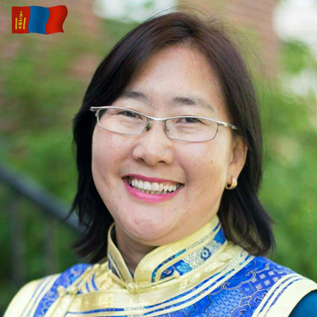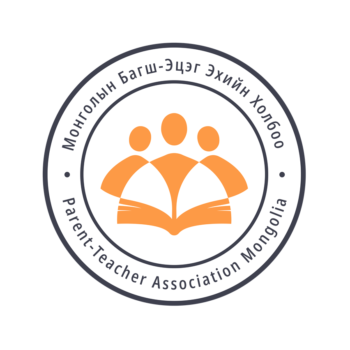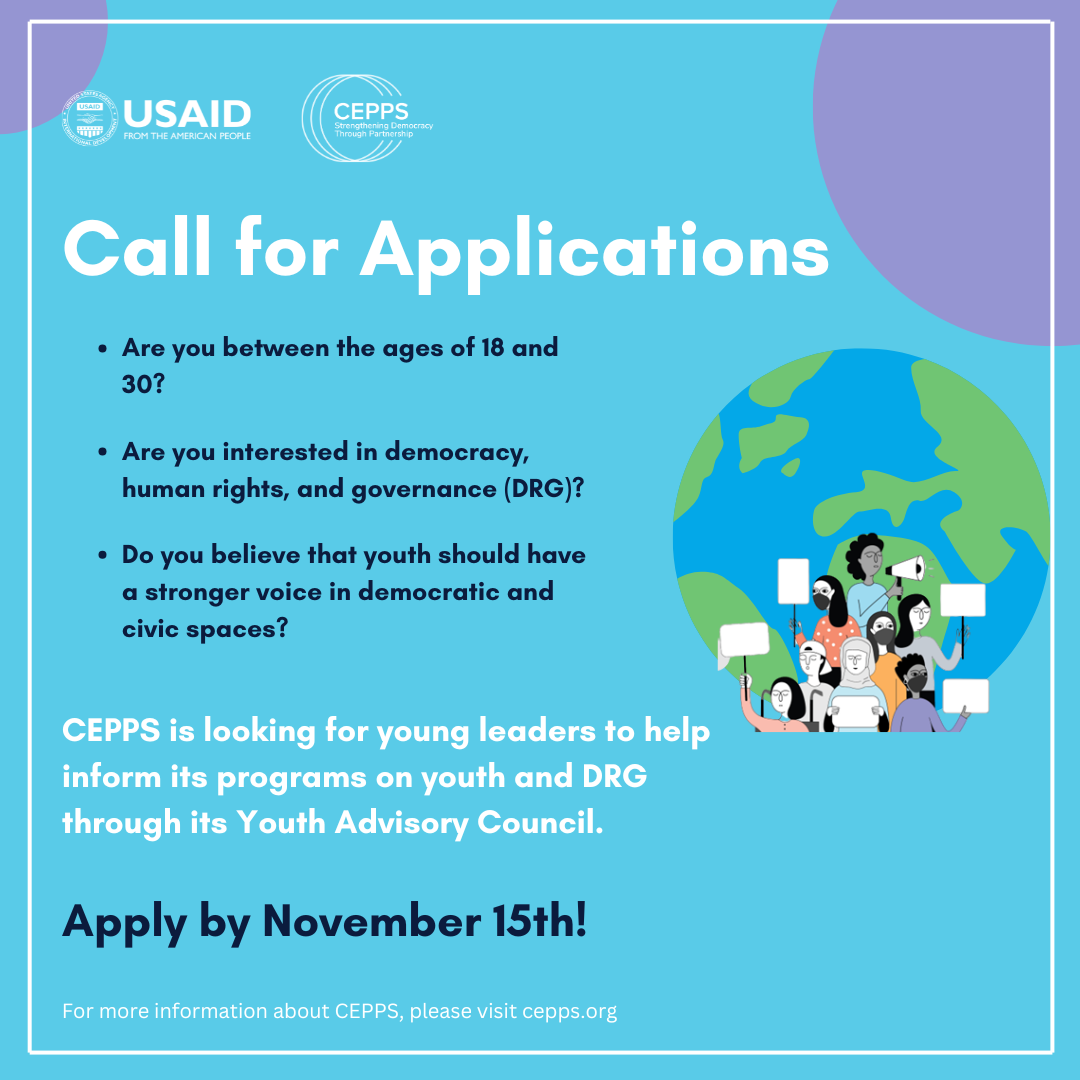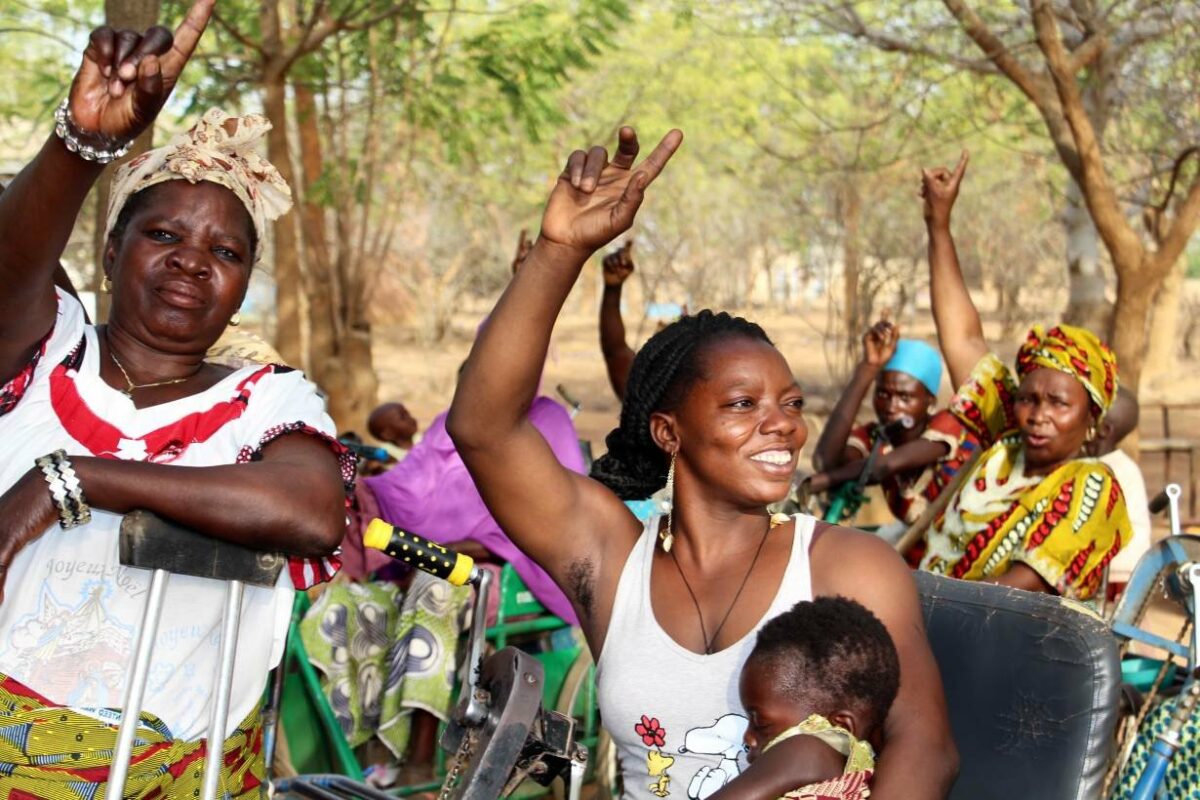Around the world, we work alongside local partners to boost their capacity to engage in a more inclusive democratic process. For example, CEPPS works with the Parent-Teacher Association of Mongolia (PTA Mongolia) amplifying the political voice of the deaf and other marginalized communities through civic education and inclusive dialogue with local political leaders.
Find Otgonchimeg Altangerel’s spotlight video below:

My name is Otgonchimeg Altangerel (Otgo). I am the founder and head of the Parent-Teacher Association of Mongolia. PTA Mongolia is a non-governmental organization dedicated to improving the quality of education in Mongolia by building effective multi-stakeholder partnerships among parents, teachers, persons with disabilities (PWD), other marginalized groups, local governments and international and national civil society groups, by empowering stakeholders through education on effective parenting, childhood development, and active civic engagement.
We work with persons with hearing disabilities. The deaf community groups have no access to information in their native sign language. Most deaf individuals in the country have a low literacy rate or are illiterate. These main barriers lead to low or no participation in political life, especially during elections.
We have worked to provide voter education in sign language by deaf trainers and have introduced simultaneous sign language translation by deaf interpreters during a media event by the General Election Committee (GEC) of Mongolia.
Specifically, we have organized a series of events for voters with disabilities to engage with political parties before the local election in October 2020 under the USAID supported program. The meetings involved deaf, blind and wheelchair users’ community groups. In the meetings we asked political parties if they provided accommodations for candidates with disabilities in accordance with the Mongolian Law on Human Rights of Persons with Disabilities and provided international examples of legislative quotas for people with disabilities in parliament to raise awareness among political parties and the general public. The deaf community group meeting also involved a deaf person who had run in a local election who discussed the challenges for candidates with disabilities getting necessary support within the political parties.
Also, we received positive feedback on simultaneous interpretation for deaf persons during our GEC media event, which shared election day results, increasing interest in participating in the local elections. For us, these examples demonstrate how the deaf community are becoming more active in political life and how we are starting a progressive dialogue in Mongolian society to increase inclusiveness in the political process, initiated directly by the PWD community.

We are a women-led organization, and our projects are led by women. In most activities we hold, women are more active, though we strive to have equal inclusive participation in every activity. In our voter education program, there is a session about the low participation of women and persons with disabilities in decision making and the program encourages voters to promote women and people with disabilities.
During the COVID-19 pandemic, members of the deaf community have not been able to gather to get information, and group leaders have not been able to organize in-person meetings during the 2020 election period. Though Mongolia had decreased the level of quarantine regulations during the election, the government and political parties did not provide sufficient information to deaf communities during the campaign period. As facial expressions are an integral part of sign language, the facemasks limited the ability of the deaf community to interpret the information given by the political candidates. Online meeting tools, such as Zoom, also presented a barrier and were not appropriate tools for the deaf community, making it difficult for the participant to see the translation and simultaneously hearing the facilitator speaking.
In addition, because we could not travel and organize trainings for PWD, we developed voter education videos with sign language translation and written subtitles. The six video lessons were promoted through the official GEC website and Facebook page. Every step of video development, which includes curriculum, content, designing, video recording, editing, publishing, was all led and produced by deaf community members themselves. We are so happy and proud to have these resources produced inclusive of and by all persons.
We would like to see PTA Mongolia becoming one of the pioneering civil society organizations focused on education. An organization that is building a stronger network of diverse community groups at a national level. The network we dream of will be a strong unified voice to challenge decision-makers to make changes in the education policy that are inclusive, accessible, human rights-friendly, democratic, and accountable in every Aimags (provinces) school in Mongolia.


